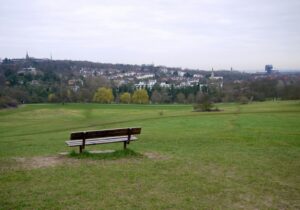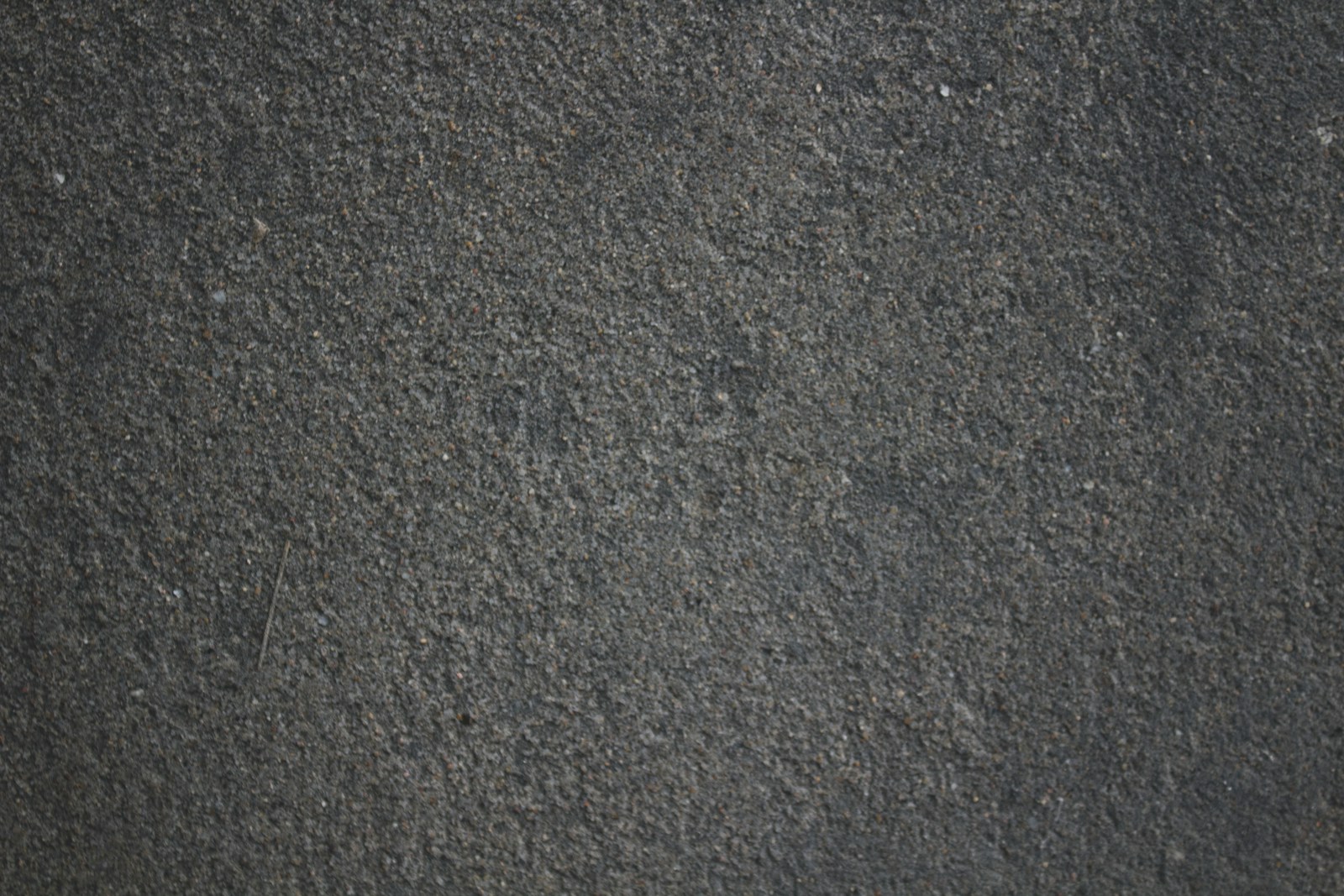Ladyfield Road was plagued by cracks and potholes, but has now been resurfaced with an experimental material.
A waste product from the biomass industry, biochar from straw originally used to fuel boilers for industrial greenhouses has been applied to the Wiltshire street. This makes up approximately 7% of the road surface, with contractors also using UK made steel slag, another by-product.
Not only is this more environmentally friendly than virgin materials, because less of the surface originates from overseas transport miles will also be significantly reduced through the use of the material, Milepave. In another emissions win, the material is produced using lower temperatures than traditional tarmac, and so consumes less energy and bitumen.
Overall, the process has been 40% less carbon intensive than a standard road, saving the equivalent of 10,000 litres of diesel. Adding to the advantages, by applying an asphalt grout sealant water will be less likely to penetrate the surface, meaning cracks and potholes will be less likely to form in the future, cutting maintenance and repairs. Although the project has seen costs increase compared with traditional resurfacing, it has cost just 5% more – a figure that should be clawed back in the long term.
Wiltshire Council employed Miles Macadam and Atkins to take on the work. Meanwhile, the technology was developed by Aston University, Birmingham. Researchers claim that Britain’s roads could be used as a network of carbon sinks, sequestering more CO2 than they emit, in a bid to help bring down emissions and contribute to climate change mitigation.
Image: Lakshya Soni / Unsplash
More Transport, Infrastructure & Planning:


















